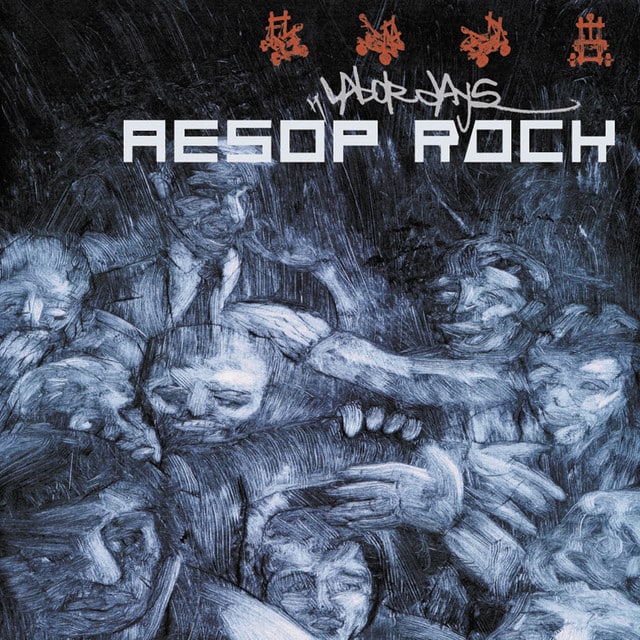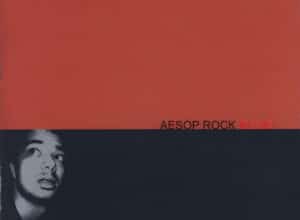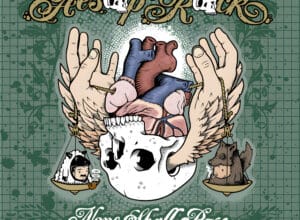Released: 2001
Aesop Rock, known for his highly abstract lyrics layered with metaphors and clever wordplay, drops heavy ink on his epic track “Daylight.” This word maestro unfurls the complexities of his psyche, exploring the essence of life’s paradoxes, cast against the raw reality of modern societal woes. The song, with its multilayered themes, comes across as a stark confrontation of life’s contrasts, an inventive critique of the American dream, and an open introspection on personal identity.
The repeated hook, “Yes, yes, y’all, and you don’t stop and keep on, ’til the break of dawn”, is a nod to the pioneers of hip-hop, imitating the classic refrain style used by early MCs to keep the party going. It’s a subtle hat-tip to the roots of hip-hop, while Aesop constructs his unique lyrical fortress.
When he says, “I did not invent the wheel I was the crooked spoke adjacent,” he’s acknowledging he’s not the originator but part of the evolving wheel of hip-hop, pushing its boundaries, testing its resilience. The line “I walk the block with a halo on a stick poking your patience” can be seen as a commentary on his position in the industry, a provocative figure demanding your attention.
The phrase “You won’t be laughing when your covered wagons crash” equates contemporary society to settlers in covered wagons, hinting at an impending societal disarray. The following lines, “You won’t be laughing when your front lawn’s spangled with epitaphs,” further amplify this sentiment of looming disaster.
Aesop touches on the emptiness of the pursuit of the so-called American dream in the lines “Duke of early retirement picket dream. American nightmare hogging the screen.” He suggests that the idealistic dream sold to the masses is nothing but a distracting facade concealing a darker reality.
The chorus, “All I ever wanted was to pick apart the day, put the pieces back together my way,” could be a metaphor for Aesop’s approach to hip-hop – disassembling the conventional and reconfiguring it through his distinct style and perspective. It’s a manifesto of his creative process and a defiant assertion of his autonomy.
The lyrics, “Life’s not a bitch, life is a beautiful woman. You only call her a bitch ’cause she won’t let you get that pussy. Maybe she didn’t feel y’all shared any similar interests, Or maybe you’re just an asshole who couldn’t sweet talk the princess,” stand out for their raw honesty. Here, the listener gets a sense of Aesop’s integrity – he’s not one to manipulate or force the situation. Instead, he insists on genuine connection over shallow conquest, a clear reflection of his approach to hip-hop and life itself.
Overall, Aesop Rock’s “Daylight” is a labyrinth of intricate phrases and potent metaphors, a testament to his indisputable status as a wordsmith and his unflinching dedication to maintaining the essence of hip-hop. It ain’t an easy journey decoding his lyricism, but once you start, the trip is an enlightening revelation of a hip-hop Picasso at work.








